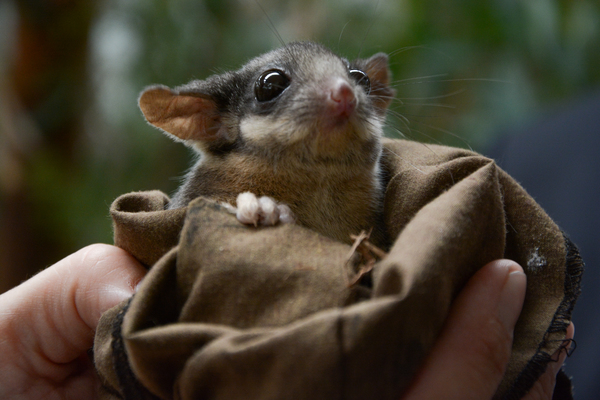The Federal Court has found that VicForests has failed, and is unlikely in the future, to comply with national environmental laws designed to protect threatened species.
In a court case between Friends of the Leadbeater’s Possum (FLBP) – represented by Environmental Justice Australia – and VicForests, FLBP argued that logging in 66 areas of habitat critical to the vulnerable Greater Glider and critically endangered Leadbeater’s Possum contravened federal law.
In its judgment delivered today (27 May), the Court upheld the arguments of FLBP.
The Court found that VicForests’ past forestry operations in the subject coupes have had a significant impact on the Leadbeater’s Possum and the Greater Glider.
It also found that VicForests’ proposed forestry operations, in 41 coupes not yet fully logged, are also likely to have significant impact on the threatened species.
“Not only do VicForests’ forestry operations damage or destroy existing habitat critical to the survival of the two species, they also prevent new areas of forest from developing into such habitat in the future,” the case summary read.
Justice Mortimer found that logging operations in certain areas of forest in Victoria’s iconic Central Highlands failed to comply with the Victorian Code of Practice for Timber Production, a requirement under the Regional Forest Agreement (RFA).
RFAs are the basis for the exemption for logging operations from national environment law. The non-compliance with the RFA meant the exemption did not apply and VicForests must comply with national environmental laws.
FLBP president Steve Meacher said the judgment sets an important legal precedent applying federal threatened species protection law to the logging industry.
“This is a huge win, not just for the Leadbeater’s Possum and the Greater Glider but for wildlife threatened by logging across the country,” he said.
“No government or company should be exempt from national environment laws that are in place to protect our threatened species.
“We must stop the senseless logging of critical threatened species’ habitat or we will drive them to extinction.”
A VicForests spokesperson said the organisation acknowledged the Federal Court decision and will “carefully consider the implications on its harvesting program.”
According to VicForests, extensive areas for biodiversity protection were set aside at the end of last year for protection, and a new Great Glider Action Statement in place under the Flora and Fauna Guarantee Act 1988 is being fully implemented by the organisation.
This is the second case, in the 21-year history of Australia’s national environment protection law, that challenged the special exemption given to the logging industry from laws that protect threatened species.
VicForests and FLBP will now have an opportunity to agree on the appropriate orders the Court should make.
If there is no agreement, the parties will be able to file short submissions on appropriate orders.
The Court will then determine what final orders should be made, including whether ongoing injunctions should be issued against VicForests to prevent any forestry operations in any of the coupes not yet logged.







